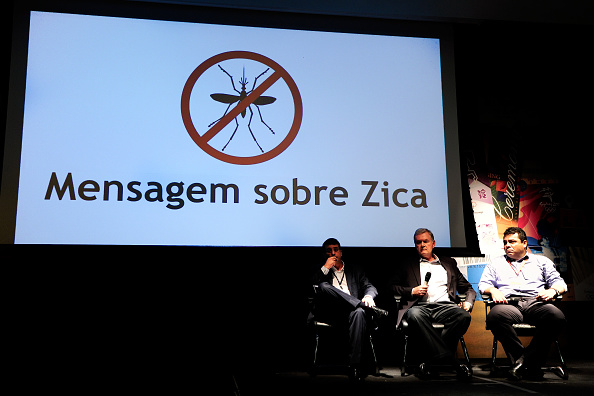The Zika virus is quickly spreading over the globe, and its presence has raised concerns by many athletes hoping to compete the Rio Olympics this summer. The U.S. Olympic Committee has even told athletes worried about contracting the disease to stay away from the games and U.S. Soccer goalkeeper Hope Solo has talked about boycotting the event altogether.
More athletes could be following this advice, thanks to news that a potential vaccine for the disease will not be available for more than a year after the Olympics.
The IOC and organizers in Brazil have stressed that the virus will be under control in time for the Olympics to begin, but with news today that no cure for the virus is likely within 18 months, more and more athletes (and their families) are going to have to decide if taking the risk is worth the trip. The Australia Olympic Committee has already warned its athletes the mosquito-transmitted virus could threaten the health of unborn babies, and cautioned Olympic team members about the risks of attending the games. As our own Dan Levy wrote earlier this week, with each troubling developing surrounding the 2016 games, are the Olympics really worth it?
Zika has spread rapidly through Brazil, and cases of the virus have already been reported in four states here in America. There is no known cure for the disease, and it is particularly brutal on new or expecting mothers. Zika is connected to microcephaly, a disorder causing babies to be born with abnormally small heads which results in developmental issues or death.

Comments are closed.